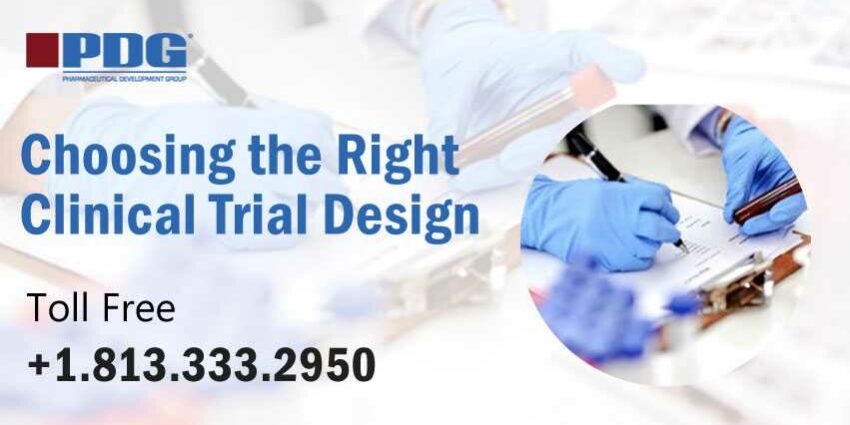Drug developers have a daunting task when it comes to selecting the correct clinical trial design. Choosing the wrong clinical trial design can prolong the development time and create unnecessary expenses. It is important to explore the benefits for the different clinical trial design types, such as conventional clinical trial design and adaptive clinical trial design.
Conventional Clinical Trial Design
A conventional clinical trial design is rigid in that per-determined factors of sample size, dosage, and randomization are set and cannot be altered. The compound drug is accepted or rejected at the end of each research phase prior to continuing to the next phase. Due to the rigidity of the conventional clinical trial design, a large sample size is needed, which extends the length of the clinical trial and increases the cost to run a conventional clinical trial.
Adaptive Clinical Trial Design
An adaptive clinical trial design allows researchers to utilize results to direct the trial on the factors that are showing more promise, such as doses, specific patient populations, and diseases. Since the adaptive trial design is not fixed, it opens the opportunity to be defined as the study progresses.
Advantages & Disadvantages of Conventional Clinical Trial Design
The conventional clinical trial design has been used for many years and is the standard traditional clinical trial design in FDA’s perspective. Routine methods for statistical analysis are not complicated and are a preferred method compared to the Bayesian approach that is used in adaptive trial designs. The disadvantages of the conventional clinical trial design are:
- Large sample sizes
- Expensive
- No modifications in trial design without documenting protocol amendments and permission of the Institutional/ Independent Ethics Committee
- Maximum of 2 or 3 treatment arms
Advantages & Disadvantages of Adaptive Clinical Trial Design
The main advantage of the adaptive clinical trial design is the flexibility which allows end points to be changed. The adaptive trial design allows the researcher to fit data into the hypothesis, unlike traditional studies where the hypothesis is tested. An additional benefit is the ability to have multiple and simultaneous treatment arms. Drug developers have the option to not administer unnecessary high dosages of a compound to patients. There are a few disadvantages of the adaptive clinical trial design such as:
- Less regulatory acceptance of adaptive trial design due to validity and integrity concerns
- Drug developers must confirm that adaptations will be acceptable to the FDA and to not jeopardize the credibility of the study
- The Bayesian statistical method is a more complicated approach for statistical analysis
- Increased FDA interactions
Drug developers should weigh the benefits of each clinical trial design approach. When selecting a trial design, developers should keep in mind that FDA recommends earlier and more extensive communications should they opt to go the adaptive trial design route. Drug developers should review FDA’s guidance for adaptive clinical trial design and understand FDA’s thinking of utilizing such trial designs. Regardless if drug developers find the adaptive clinical trial design appealing due to the application of data at an early stage to improve decision making, or using the conventional clinical trial design for the simplicity of the statistical analysis, compound and trial objectives should be taken into consideration before selecting the correct trial design.
Author Information
Christina Sanchez Miller, MPH has over 20 years of management, biologics, quality assurance and research experience in the medical field. She is a published author in scientific books, papers and has presented at several international conferences. Christina has developed medical applications in the biologics field. Her experience includes operations and consulting in FDA Adverse Event Reporting, FDA Product Deviation Reporting, FDA 483’s, cGTP’s, infection control, certified ISO Class 5, 7, 8 development and maintenance, QIC and auditing.
Pharmaceutical Development Group (PDG) is a global scientific & regulatory consulting firm with extensive experience in the strategic development of drug products, biologics, medical devices, combination products and FDA regulatory affairs. PDG is a pharmaceutical consulting group focusing on NDA regulatory services, adaptive clinical trial design, and IND consulting services. PDG is a subsidiary of Biotech Research Group Corporation.
The opinions and statements in this blog are those of the authors and do not necessarily reflect those of PDG. This blog is based on personal experience and reviews of information publicly available or identified in other database searches.


